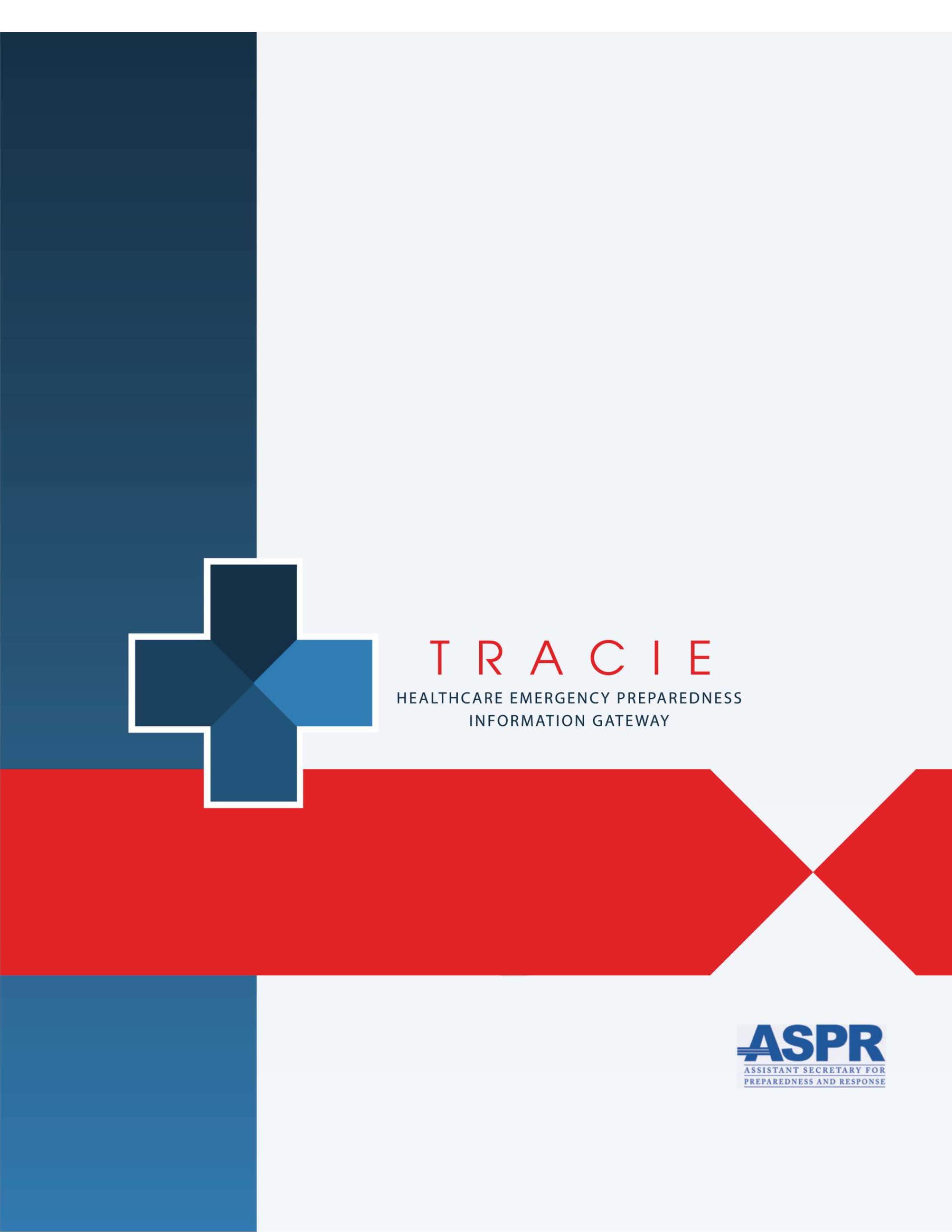
COVID-19 Regional Support Resources
Topic Collection
November 14, 2023
Topic Collection: COVID-19 Regional Support Resources
This Topic Collection focuses on plans, tools, templates, and other immediately implementable resources to help with COVID-19 preparedness, response, recovery, and mitigation efforts, focusing on regional support.
This Resource Collection was reviewed in Fall 2023. Please refer to CDC’s Coronavirus Disease 2019 webpage for the most up-to-date clinical guidance on COVID-19 outbreak management.
If you have COVID-19 best or promising practices, plans, tools, or templates to share with your peers, please visit the ASPR TRACIE Information Exchange COVID-19 Information Sharing Page (registration required) and place your resources under the relevant topic area. Resources specific to regional support can be placed under the COVID-19 Regional Support Resources Topic.
General Resources
This webpage shares information on the Arizona Surge Line, a 24/7 call line that facilitates the interfacility transfer of patients during a healthcare surge. Included is a link to an operating manual describing the planning, execution, and outcomes of the Arizona Surge Line during the response to COVID-19 and its applicability to future emergencies. Other resources include webinars introducing the service; process flow maps; protocols and other resources for participating hospitals, post-acute care facilities, and volunteer critical care and palliative care physicians; the executive order establishing the service; and news articles describing the Arizona Surge Line.
Login to favorite or comment on the article
This webinar features speakers describing Medical Operations Coordination Cells (MOCCs), lessons learned from past experiences, and how MOCCs are being used during the COVID-19 pandemic.
Login to favorite or comment on the article
This ASPR TRACIE technical assistance response includes sample questions provided by an ASPR TRACIE subject matter expert that can be tailored for a MOCC survey to pose to healthcare entities, along with resources that can be used to form example questions. It also includes general considerations related to assessing resources for a MOCC, and materials that provide data on hospitals collected at state and federal levels which may be useful for a MOCC (e.g., supply levels, bed capacity, medical facilities within a region).
Login to favorite or comment on the article
This Medical Operations Coordination Centers Toolkit, updated in 2024 to include burn and pediatric annexes, offers considerations that can help state, local, tribal, and territorial governments; cooperative entities such as health care coalitions or trauma/emergency medical services regions; and health care systems ensure optimal balancing of patients across health care facilities and systems.
Login to favorite or comment on the article
The speakers provide an overview of the "Surge Roadmap" and related COVID-19 patient management strategies.
Login to favorite or comment on the article
This supplement to the Medical Operations Coordination Cells (MOCC) Toolkit (https://files.asprtracie.hhs.gov/documents/fema-mocc-toolkit.pdf) provides information on emergency medical services (EMS) and transportation issues. It includes information on coordination and planning with partners before, during, and after transport; medical oversight; standard operating procedures; personnel; infection control; ambulance preparation and configuration; and patient preparation.
Login to favorite or comment on the article
This document outlines a process states can use to gather hospital data needed to identify where ventilators are needed and deliver them directly to receiving hospitals.
Login to favorite or comment on the article
This expert panel report by the Task Force for Mass Critical Care and the American College of Chest Physicians offers a framework to equitably meet the clinical needs of the greatest number of COVID-19 patients when resources are scarce.
Login to favorite or comment on the article
The three authors describe statewide initiatives in their respective states to load balance patients during the COVID-19 pandemic.
Login to favorite or comment on the article
This document outlines the statewide hospital plan for a surge of COVID-19 patients. The regionally-based plan defines four tiers of operations based on the amount of surge.
Login to favorite or comment on the article
This report proposes incentivizing regions with low numbers of cases during a pandemic not to hold or acquire unused medical supplies that are needed in regions with high case counts by guaranteeing they will be prioritized to receive supplies when they are needed to managing increasing numbers of cases. A centralized pool of dedicated resources would be available to draw upon as a backstop.
Login to favorite or comment on the article
This article discusses the regional medical operations center concept and provides an overview of how to set up such a system for communication and coordination among multiple response partners within a region.
Login to favorite or comment on the article


